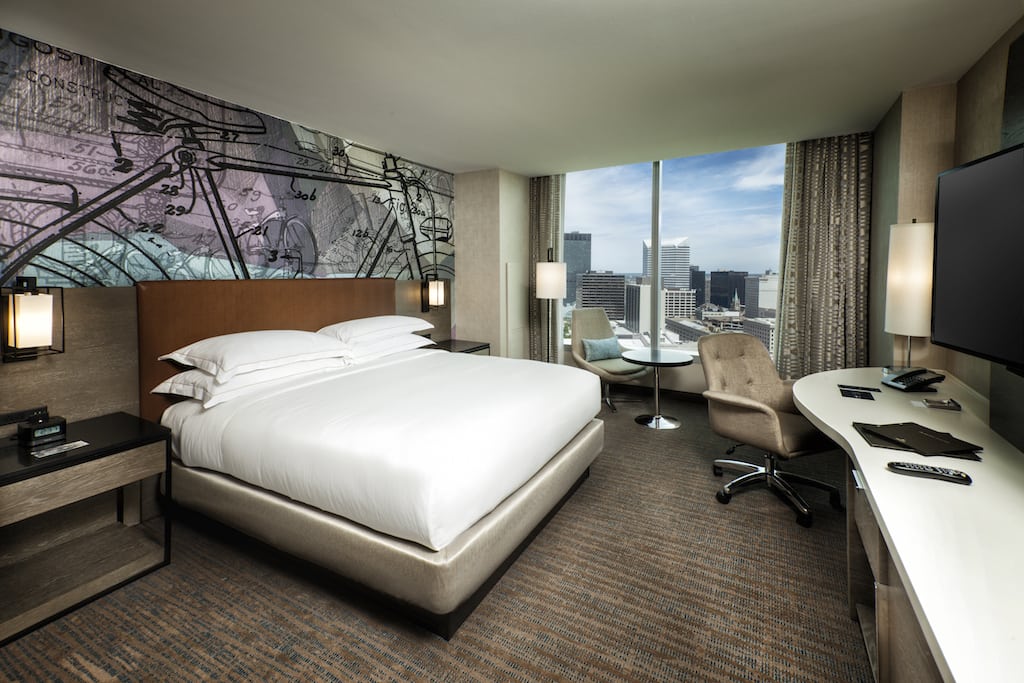Fees at U.S. Hotels on Track for a Record High This Year

Skift Take
More hotels are realizing that charging people for Wi-Fi access isn't going to win them any brownie points. But beyond consumer ire, including angry TripAdvisor reviews, hoteliers should probably be more concerned about the Federal Trade Commission stepping in and clamping down on perceived "deceptive hotel fees."
If you’re a hotelier, should you be more concerned about making money from charging fees or a potential consumer backlash?
That’s a question hoteliers may want to ask themselves this year, especially as the Federal Trade Commission (FTC) scrutinizes hotel fees.
This year is set to be another record year for U.S. hotels in terms of the amount of money they will collect from fees and surcharges. Last year saw a record of $2.45 billion and in 2016 U.S. hotels are on track to collect $2.55 billion according to a new report from Bjorn Hanson, a clinical professor with NYU's Jonathan M. Tisch Center for Hospitality and Tourism.
Fees and surcharges collected by the U.S. lodging industry have increased every year except for 2002 and 2009 when demand dropped.
These fees can mean much greater profitability for hotels that implement them.
Although 2016 will be another record year in terms of fees collected, the 4 percent increase is the lowest since 2009. Hanson said the jump in fees was a reflection of 2 percent more occupied hotel rooms than in 2015, more fee and surcharge categories, and higher amounts being charged. He also noted that there were lower fees and charges for high-speed Internet access this year.
"There were no major changes this year," Hanson told Skift. "The amount increased,
